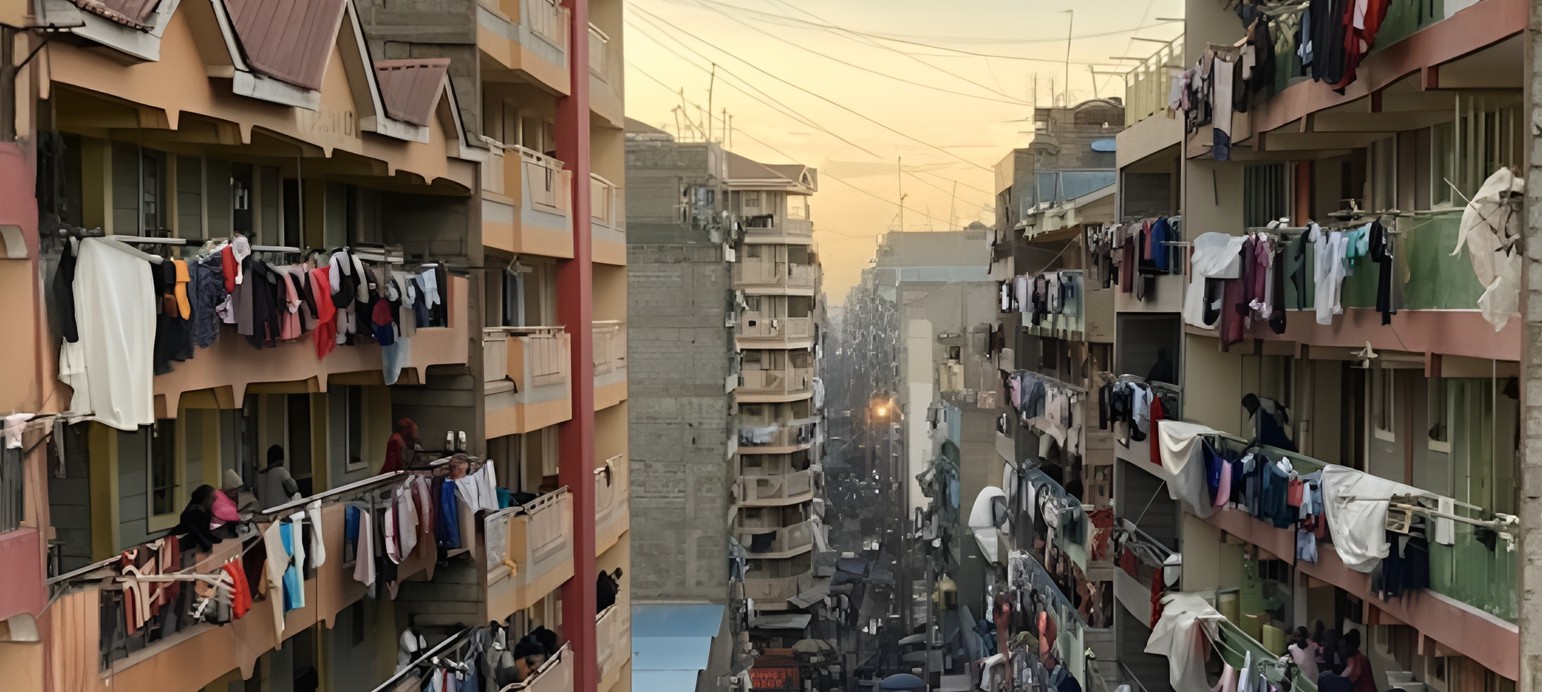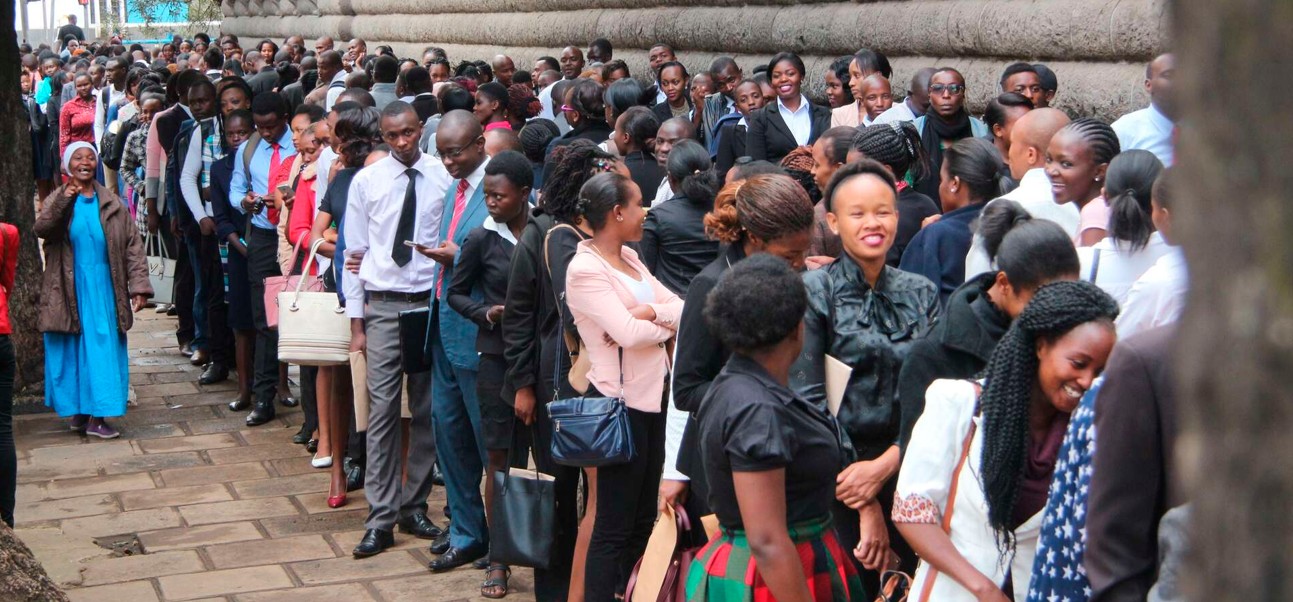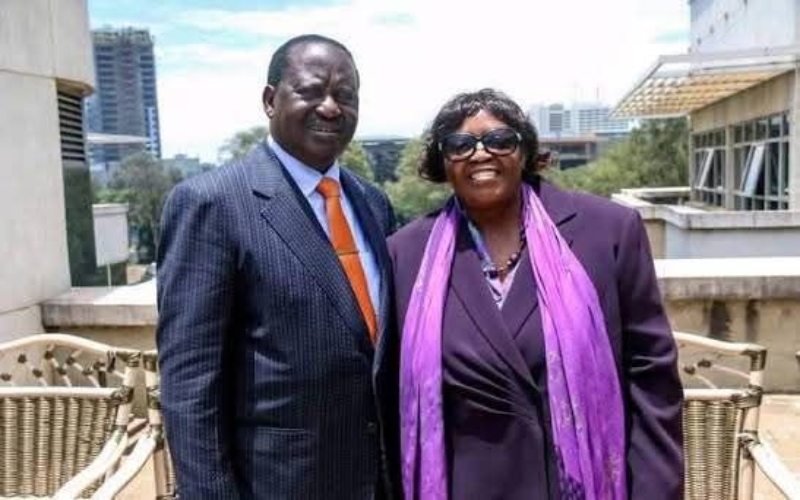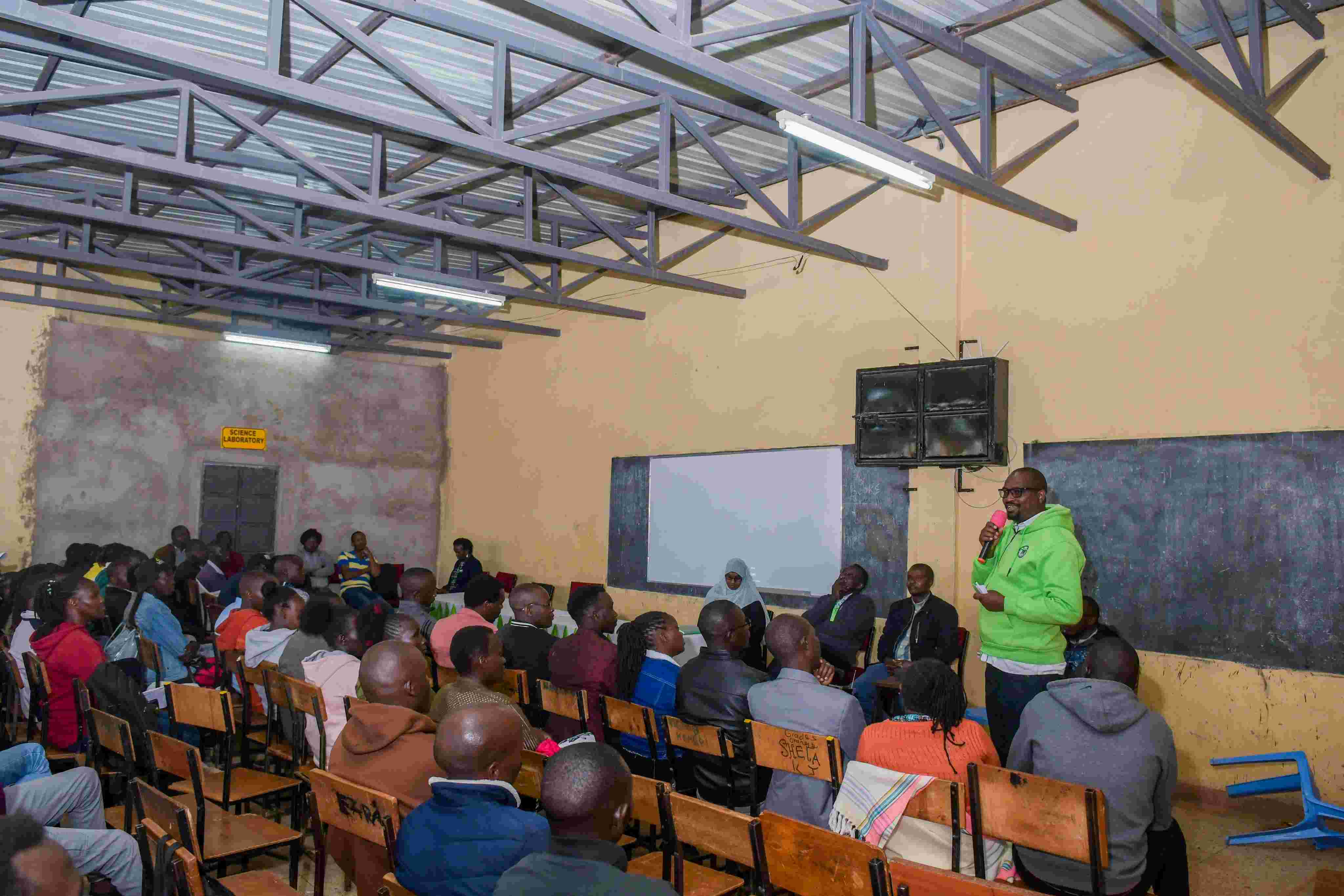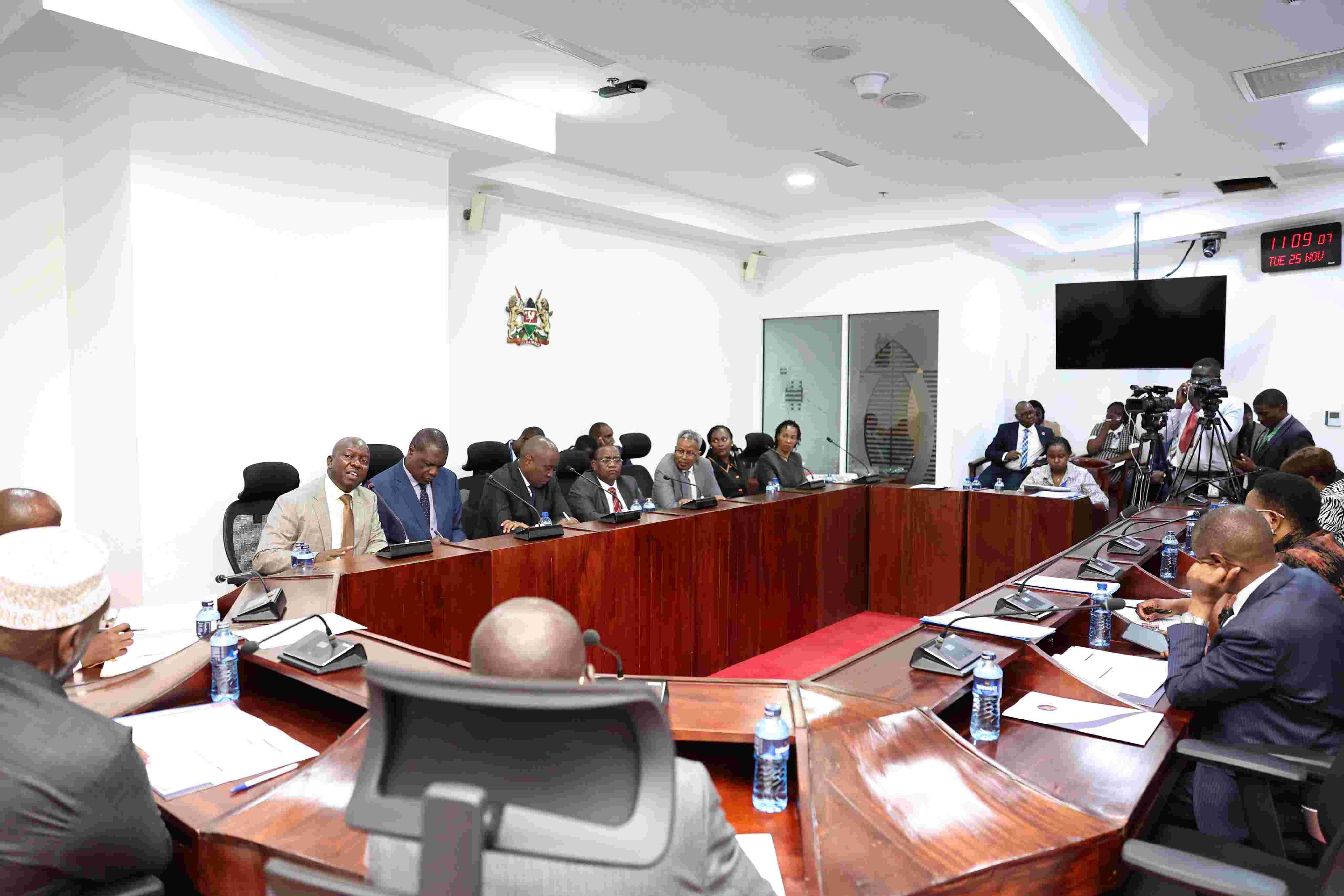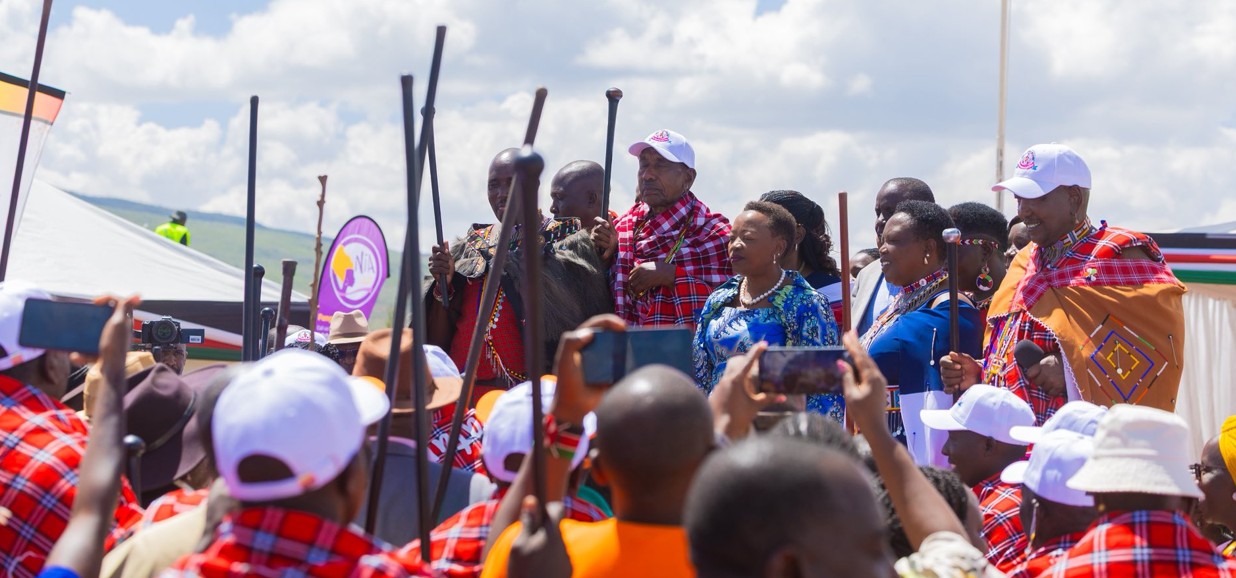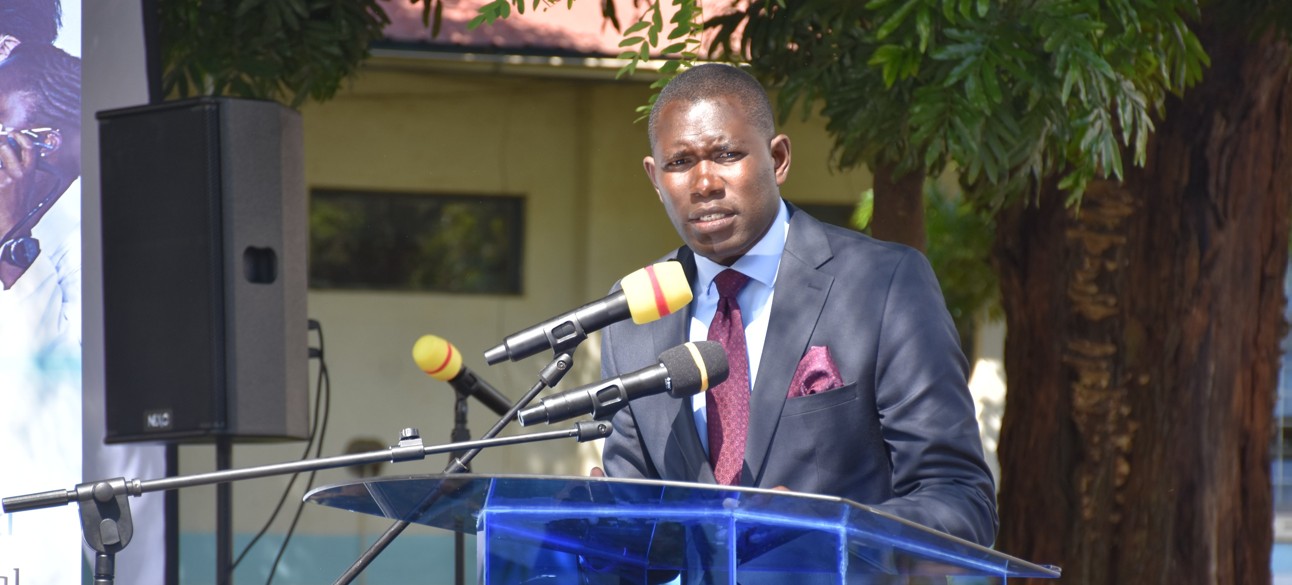Oshwal Academy directed to allow Muslim students to perform afternoon prayers

The court ordered the school to allow the students to perform their prayers within the campus.
The Oshwal Academy administration has been directed to allow Muslim students to perform Dhuhr (afternoon) prayers on the school’s premises following a ruling by the High Court.
Justice James Wakiaga found that a policy introduced in January 2019 to ban the prayers violated the students' constitutional rights to freedom of religion, education, and protection from discrimination.
More To Read
The school's management had defended the policy, citing efforts to promote integration and cohesion among students by discouraging overt displays of religious practices. They argued that the policy was widely accepted by most parents, with only a few opposing it.
However, Justice Wakiaga ruled that while religious freedom under Article 32 of the Constitution can be limited, such limitations must comply with the law.
"The decision of Oshwal Academy to inhibit or disallow the performance of Dhuhr prayers by Muslim learners indirectly discriminated against them on the basis of their religion," Wakiaga ruled.
The legal challenge was initiated by Mohamed Khan, a former parent at the school, who sought to protect Muslim students' rights to practise their faith through mandatory prayers. Khan argued that the ban denied Muslim students the opportunity to fulfil their religious obligations.
Khan disclosed that the matter was first raised in May 2018 during a parents' meeting, where Muslim parents requested that students be allowed to pray on campus.
The school rejected the proposal and later introduced "Terms for continuity of students," which included conditions granting the administration the discretion to terminate enrolment if parents were deemed to interfere with the school’s objectives as a faith-based institution.
The petition further highlighted inconsistencies in the school's practices, noting that Jain prayers were part of assemblies and student orientation, which contradicted the school’s claim of religious neutrality.
It also revealed that before the 2013 Westgate terror attack, Muslim students were allowed to attend Friday prayers at the nearby Parklands Mosque during lunch breaks. The arrangement was halted after the attack, with the school citing security concerns.
Oshwal Academy, established in 1950 on Jain principles, clarified that no religious subjects are taught, and all students are required to recite the school’s morning prayer. While vegetarian meals are served, no preferential treatment is accorded to any religion.
The school admitted the claims brought forward but stated that the complainants represented a minority of the school community.
Despite this, Justice Wakiaga ruled that the policy was unconstitutional, finding that it infringed on the rights of Muslim students. The court ordered the school to allow the students to perform their prayers within the campus.
Top Stories Today
